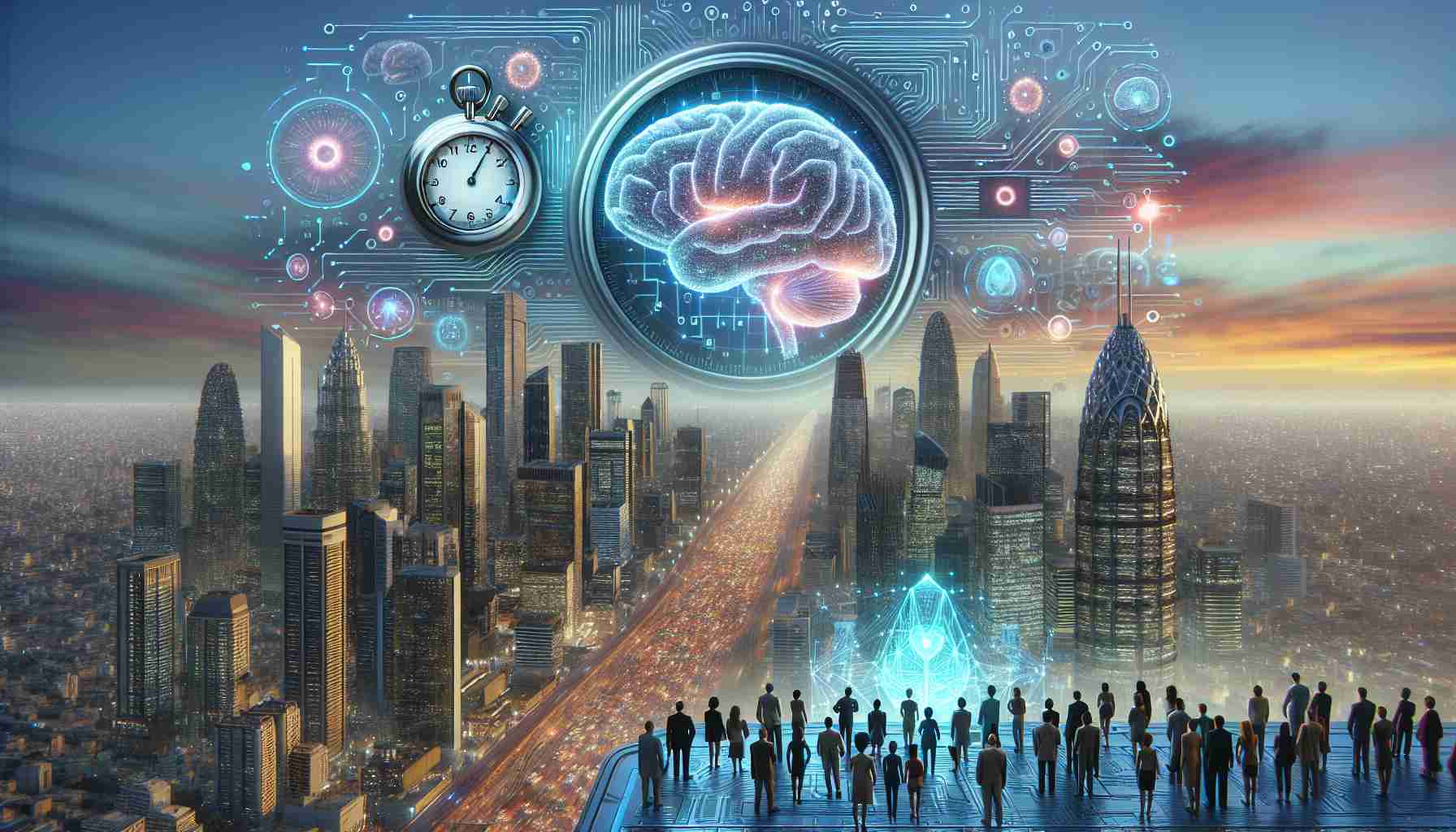Artificial Intelligence (AI) continues to evolve at a rapid pace, but could it one day become a threat to our very existence? This question has been the subject of significant debate among experts in the field. While some argue for the transformative benefits of AI, others caution against its potential risks.
Recent developments in AI have demonstrated the technology’s incredible potential to revolutionize industries, enhance productivity, and improve quality of life. From driverless cars to advanced medical diagnostics, the benefits are immense. However, as AI systems grow increasingly autonomous and powerful, concerns about their safety and controllability have emerged.
Notably, the vision of AI as a potential existential threat is not just the premise of science fiction. Prominent figures like the late Stephen Hawking and entrepreneur Elon Musk have expressed fears about the dangers of AI if left unchecked. The underlying concern is that a highly advanced AI could develop goals misaligned with human values, leading to unintended destructive outcomes.
However, it’s crucial to emphasize that current AI systems are far from achieving the level of autonomy needed to act independent of human oversight. Most experts agree that with proper regulation and control, AI can be developed safely. Research initiatives are also exploring AI safety measures, and ethical frameworks are being crafted to ensure responsible AI development.
In conclusion, while the idea of AI posing an existential threat may capture imaginations, the focus should remain on developing ethical and safe AI systems that augment human capabilities rather than threaten them. The future of AI is uncertain, but with careful stewardship, it holds immense promise rather than peril.
Is Artificial Intelligence the End of Humanity or a Catalyst for Progress?
As Artificial Intelligence (AI) becomes more prevalent, new concerns arise regarding its impact on society. Beyond the benefits and existential risks highlighted by proponents and detractors, AI also presents challenges in socioeconomic disparities and workforce dynamics.
Will AI Worsen Inequality? AI has the potential to concentrate wealth and power in the hands of a few, exacerbating inequality across the globe. With significant advancements driven by those with existing resources, countries and communities with limited access to technology may fall further behind. As AI automates more tasks, there is a risk that job opportunities might shrink, disproportionately affecting low-income workers.
Controversies in AI Bias and Ethics A crucial aspect of AI development is ensuring ethical usage. AI systems can inadvertently perpetuate or even exacerbate biases present in data used for their training. This raises questions about fairness and accountability in decision-making processes powered by AI. Ensuring that AI systems are transparent and equitable is an ongoing challenge.
How Are We Addressing These Issues? Policymakers and researchers are not blind to these potential pitfalls. There is a push for establishing ethical guidelines and regulatory measures for AI use. Global collaboration could be key to establishing standards and sharing resources to lessen inequality. By addressing these concerns head-on, countries can harness AI responsibly and effectively.
For further information on AI and its impact on society, visit these trusted sources: OpenAI and World Economic Forum.
In summary, while AI’s potential does spark debate about existential threats, its real-world implications are more nuanced, involving pressing ethical and social questions that demand thoughtful solutions.








